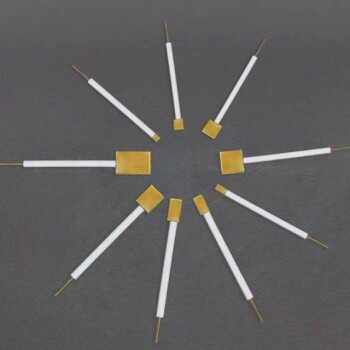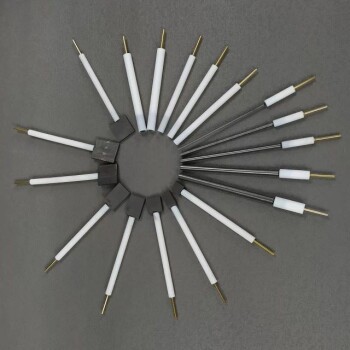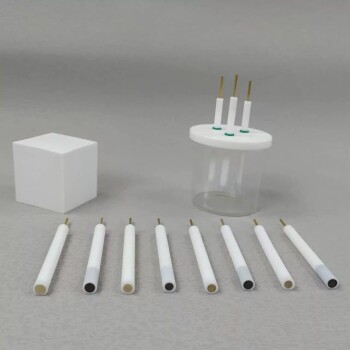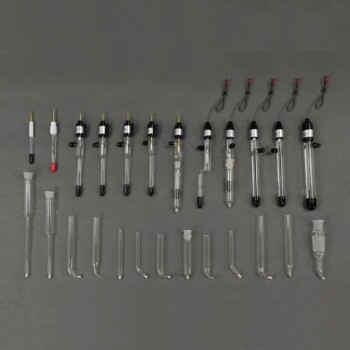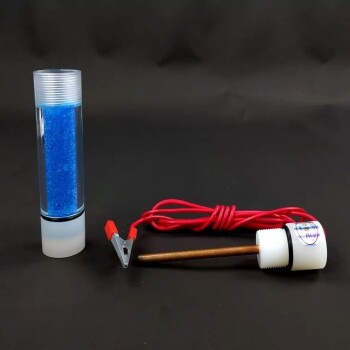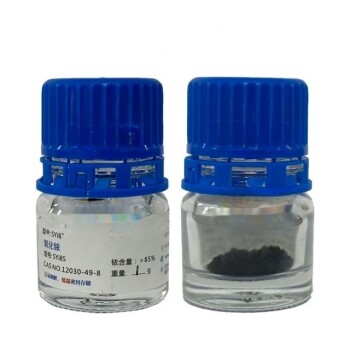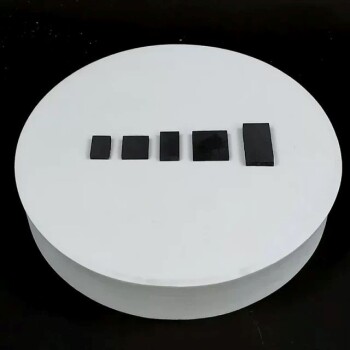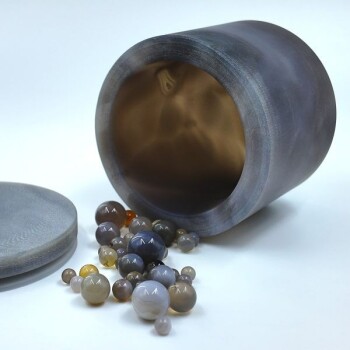In short, a gold plate electrode is defined by its exceptional stability, reliability, and longevity. Its key performance characteristics include highly stable electrical conductivity that is minimally affected by environmental changes, superior resistance to corrosion and chemical attack, and high purity that ensures the accuracy of experimental data.
The core value of a gold plate electrode lies in its predictability. Its inherent chemical inertness and stable conductivity mean it performs consistently over long periods, especially in demanding environments, making it a benchmark for reliable electrochemical measurements.
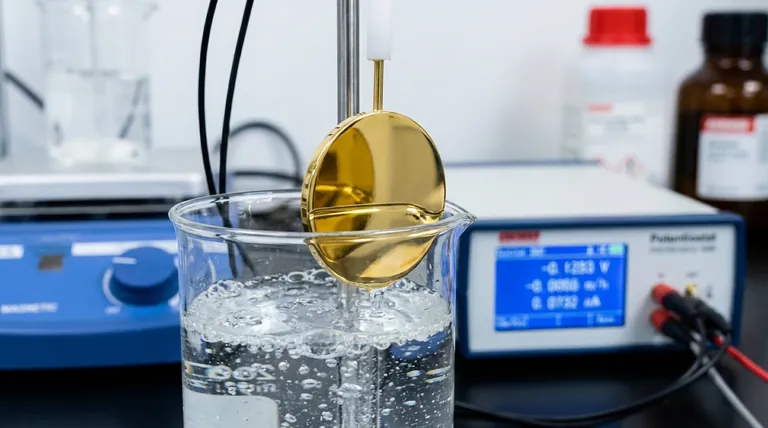
Core Performance Characteristics Explained
To understand if a gold plate electrode is the right tool for your work, it's crucial to examine its fundamental properties. These characteristics are what determine its behavior and suitability for various applications.
Unwavering Electrical Conductivity
A gold plate electrode provides highly stable electrical conductivity. This property shows minimal variation even when subjected to different temperatures or atmospheric conditions.
This stability is critical for applications requiring consistent and repeatable measurements over time, as it minimizes a major source of experimental drift.
Exceptional Chemical Stability
Gold is a noble metal, meaning it possesses excellent resistance to corrosion and oxidation. It does not easily react with its electrochemical environment.
This chemical inertness ensures that the electrode itself does not interfere with the reactions being studied, preserving the integrity of your results and extending the electrode's functional lifespan.
High Purity for Data Integrity
These electrodes are typically offered with a purity of 99.99%. This high level of purity is essential for sensitive analytical work.
It guarantees that impurities from the electrode do not leach into the solution, preventing contamination and ensuring that the data collected is both accurate and reliable.
Structural and Surface Versatility
Gold plate electrodes are available in various shapes, such as circular or rectangular sheets, with thicknesses from 0.1mm to 0.5mm.
Furthermore, their surfaces can be finished to be polished, roughened, or coated, allowing them to be tailored to the specific demands of an application, such as electrocatalysis or sensor development.
Understanding the Trade-offs and Practical Demands
While gold offers premium performance, its use comes with practical considerations that must be managed to realize its full potential. True expertise involves understanding not just the benefits, but also the requirements.
The Necessity of Proper Handling
The thin-sheet format of these electrodes makes them physically delicate. They must be handled gently to prevent bending, scratching, or other physical damage.
Any alteration to the electrode's surface can change its effective surface area and electrochemical properties, leading to inconsistent or inaccurate results.
The Requirement for Rigorous Maintenance
To achieve a long service life, a gold plate electrode requires a strict maintenance protocol. This includes regular cleaning, inspection, and calibration based on its frequency of use.
For storage, it must be thoroughly dried and kept in a dedicated, airtight container to protect its pristine surface from atmospheric contaminants.
The Unspoken Factor: Cost
The most significant trade-off for any gold component is its high material cost. This is a primary consideration that must be weighed against its performance benefits.
While its longevity can offer better long-term value, the initial capital outlay is substantially higher than for many alternative electrode materials.
Making the Right Choice for Your Application
Ultimately, the decision to use a gold plate electrode should be driven by the specific demands of your project. Aligning the electrode's strengths with your primary goals is the key to a successful outcome.
- If your primary focus is long-term stability and data repeatability: Gold is an outstanding choice due to its chemical inertness and unwavering conductivity.
- If your primary focus is performance in a harsh chemical environment: Gold's superior corrosion resistance makes it a leading candidate, ensuring the electrode's structural and functional integrity.
- If your primary focus is budget optimization for a standard application: You must weigh gold's high initial cost against the potential costs of data inaccuracy and shorter lifespan associated with less stable materials.
Choosing the right material is the foundation of reliable and accurate electrochemical work.
Summary Table:
| Characteristic | Description |
|---|---|
| Electrical Conductivity | Highly stable, minimal variation with temperature/environmental changes. |
| Chemical Stability | Excellent corrosion/oxidation resistance (noble metal); chemically inert. |
| Purity | Typically 99.99%, ensuring data integrity and preventing contamination. |
| Structural Versatility | Available in various shapes (circular, rectangular) and surface finishes. |
| Handling | Physically delicate; requires gentle handling to prevent damage. |
| Maintenance | Requires regular cleaning, inspection, and proper storage protocols. |
| Cost | High initial material cost, but offers long-term value through longevity. |
Achieve Uncompromising Accuracy in Your Lab
When your research demands the highest level of stability and data integrity, the choice of electrode is critical. Gold plate electrodes provide the predictable performance necessary for sensitive electrochemical measurements, from electrocatalysis to sensor development.
KINTEK specializes in high-performance lab equipment and consumables, serving the precise needs of laboratories. Let our experts help you select the ideal electrode for your application to ensure reliable and repeatable results.
Contact our team today to discuss how our gold plate electrodes can enhance your laboratory's capabilities.
Visual Guide
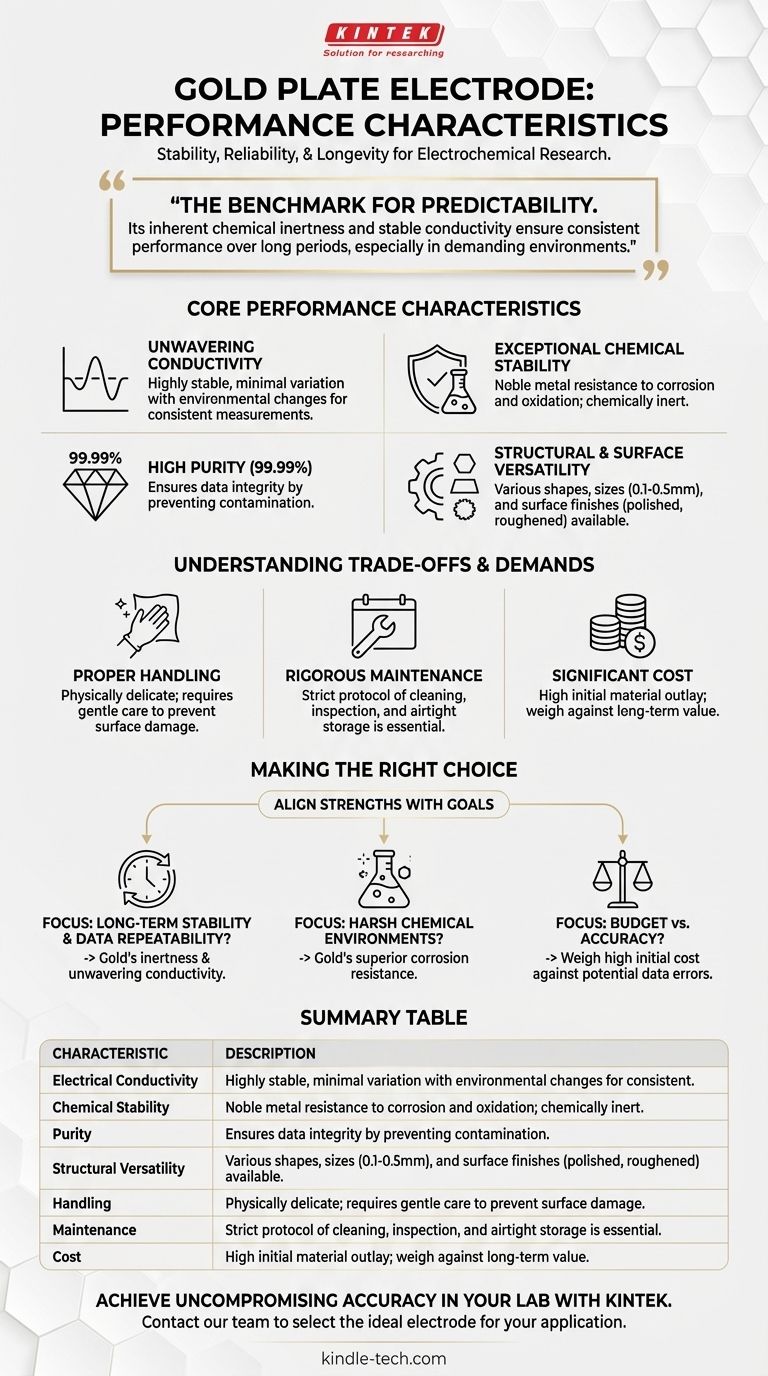
Related Products
- Gold Disc Electrode
- Gold Electrochemical Sheet Electrode Gold Electrode
- Rotating Platinum Disk Electrode for Electrochemical Applications
- Platinum Sheet Electrode for Laboratory and Industrial Applications
- Graphite Disc Rod and Sheet Electrode Electrochemical Graphite Electrode
People Also Ask
- What are the necessary pretreatment steps before using a gold disc electrode? A Guide to Reliable Electrochemical Data
- How should a gold disc electrode be handled during an experiment? Ensure Accurate Electrochemical Measurements
- What is the material and purity of a gold disc electrode? Ensuring Precision in Electrochemical Analysis
- What is the proper post-treatment and storage procedure for a gold disc electrode? Ensure Reliable Electrochemical Data
- What are the key precautions for a gold disc electrode? Ensure Accurate Results & Long Lifespan

